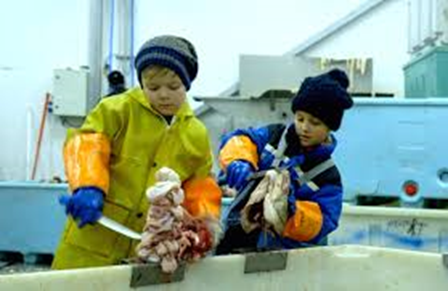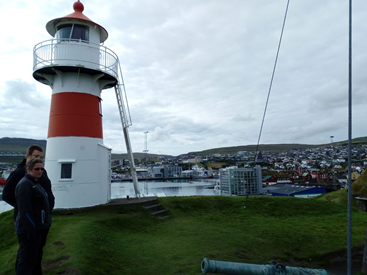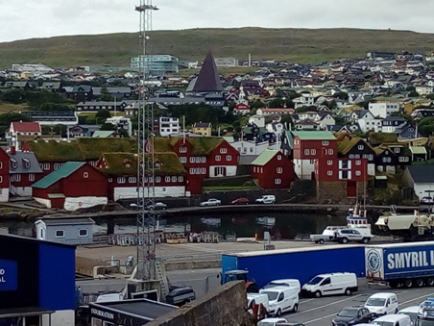Building & Supporting a Research Ecology 2
- murphywhite01
- Nov 1, 2020
- 3 min read

Image: Alexis Bowman ( children involved in local community activities in S. Kerry; organic school garden)
Last year, CoDesRes invited PhD candidate, Aoife Crummy, from UCD’s School of Education to share details of her research that contributes to SDG 4 - Quality Education and SDG 11 - Sustainable Cities and Communities. This is part of one of CoDesRes's overarching aims to build and support local resilience and capacity through peer 2 peer knowledge networks . Building and supporting a local research ecology is a critical aspect of this approach as it brings the academy and current research into the real-world as well as opening channels for local knowledge and expertise to inform academic research. Increasingly, the importance of knowledge isn't just 'what's known' but how can we apply that knowledge effectively. We've invited Aoife to share an update us on her research and what's next.
Aoife is based in S. Kerry where her work contributes to understanding these goals through addressing issues of education (formal and informal local knowledge /skill sets), migration and identity, as well as social, cultural, environmental and economic changes. This work is part of a broader research project entitled: ‘Valuing the Past, Sustaining the Future (VPSF): education, knowledge and identity across three generations in coastal communities; a comparative approach.’ The project is being funded by the Research Council of Norway (2016-2022) and led by Professor Anne Trine Kjørholt, Norwegian University of Science and Technology (NTNU), in a multidisciplinary collaboration involving Ireland, Norway, The Faroe Islands, Cyprus and Australia.
ImageS: Anne Trine Kjørholt & Aoife Crummy (cod fish
tongue cutting for international market; lucrative work in Norway traditionally carried out by children, Tórshavn, capital of Faroe Islands, where the 4th international seminar for VPSF took place.)
The initial phase of this project (2018-2019) involved interviews with families spanning three
generations (grandparents, parents and young people). In 2018, Aoife hosted the international research team here in S. Kerry for their 3rd international seminar where the group engaged in the local research sites, demonstrating the value and opportunities local research ecologies of this kind can bring. Aoife shared some of the project’s work in the opening talks for local symposium; Iveragh Learning Landscapes in 2019. This annual event showcases the dynamism for learning present in South Kerry, through the enthusiasm and passion of
both those living here, and those still intimately connected to the area.

Image: Rebecca White (Aoife presenting her research at Iveragh Learning Landscapes 2019)
You can view Aoife's presentation by clicking on the pdf link below.
Since our last catch up, Aoife has been busy adding to the rich narratives collected in phase one of the international research project. This consists of more ethnographic methods, involving direct participation in the locality and in another location in the North of Ireland. The richness which has emerged through these local research ecologies was shared with her colleagues in collaborating country, The Faroe Islands for their 4th international seminar. The group are currently working on publishing their work in a special issue of the academic journal Children’s Geographies where they explore changing narratives of childhood, identity and belonging across the five countries. These papers are due to be presented at an international conference ; Childhood and Time; organised by Tampere University, Finland, the Tampere Centre for Childhood, Youth and Family Research PERLA, and the Finnish Society for Childhood Studies:
Findings from the project will be published and disseminated through academic journals and
conferences over the coming years. There are also plans to reach out to local communities in a meaningful way through working with locally based artists from the five countries to produce a museum exhibition in NTNU in 2021. The findings will be digitalised to the public (linking with each of the specific country’s local research ecologies), through the project website upon project completion in 2022.













Comments